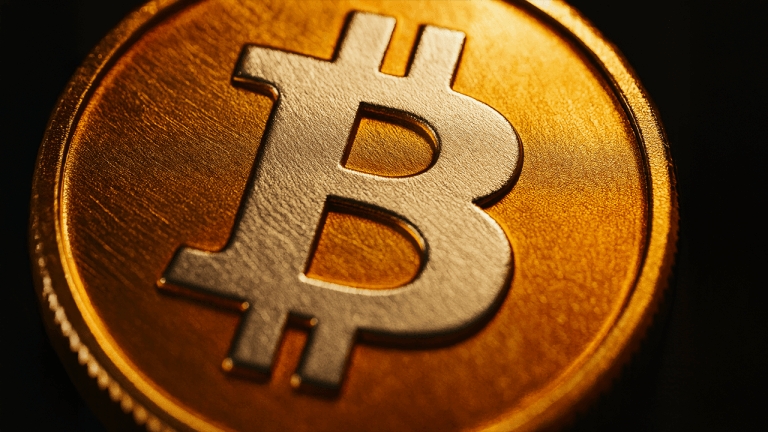
Bitcoin has been gaining traction as a strategic asset for reserve managers and national governments around the world. While it has made significant progress in terms of adoption and recognition, there are still several hurdles to overcome before it can be considered a viable global reserve currency.
In recent years, Bitcoin has emerged as a potential hedge against economic uncertainty and inflation, leading many countries to explore the idea of adding the cryptocurrency to their reserves. The Philippines, for example, has announced initial plans to include Bitcoin in their reserves, signaling a growing acceptance of digital assets in the traditional financial sector.
Despite this growing interest, there are several challenges that Bitcoin must address before it can become a mainstream global reserve currency. One of the main concerns is the volatility of the cryptocurrency market. Bitcoin's price fluctuations can be significant, making it a risky asset for large-scale reserve management. Central banks and governments typically prefer stable assets with predictable value to safeguard their reserves against market fluctuations.
Another obstacle is the regulatory environment surrounding Bitcoin. While some countries have embraced cryptocurrencies and established clear guidelines for their use, others remain skeptical and have implemented strict regulations or outright bans. This regulatory uncertainty creates additional risks for governments looking to adopt Bitcoin as part of their reserves.
Moreover, the scalability and efficiency of Bitcoin as a global reserve currency are also subject to debate. The network's transaction processing speed and capacity are currently limited compared to traditional payment systems like Visa or Mastercard. As a result, Bitcoin may not be able to handle the volume of transactions required for a global reserve currency without significant upgrades to its infrastructure.
Despite these challenges, the growing interest in Bitcoin from governments and institutional investors highlights the increasing relevance of cryptocurrencies in the global financial landscape. As more countries explore the potential benefits and risks of adding Bitcoin to their reserves, the cryptocurrency market is likely to continue evolving and adapting to meet the demands of traditional financial institutions.
In conclusion, while Bitcoin has made significant strides in establishing itself as a strategic asset for reserve managers and national governments, it still has a long way to go before it can become a truly global reserve currency. Overcoming issues related to volatility, regulation, scalability, and efficiency will be crucial for Bitcoin to achieve widespread adoption and recognition in the traditional financial sector.

Leave a Reply